Judicial reform bills contain distorted international obligations - ex-NACP member
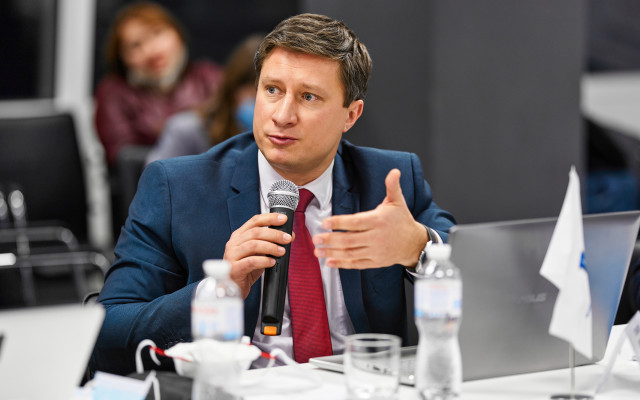
Oleksandr Seryogin, a former member of the National Agency on Corruption Prevention (hereinafter - the NACP) and an associate professor at the Institute of International Relations, is convinced that the role of international experts in the formation of the judiciary is interpreted in the draft laws on judicial reform as distorting Ukraine’s international obligations.
He stated this during the second national discussion "Access to Justice: Realities and Prospects".
"We are ready to overfulfill the obligations, according to these bills, to solve the problems that will arise after over fulfillment. The destruction of the judicial selection system, which is the core of statehood and the judicial system, constitutes the end of statehood and a systemic problem. These bills are a distortion, an imitation of performance of international obligations ", - Oleksandr Seryogin considers.
The scientist referred to the text of the letter to the IMF Managing Director dated 02.06. 2020, signed by the President of Ukraine and other officials, stating that "Ukraine will ensure that the management and implementation of the selection process of judges and disciplinary mechanisms will be carried out by persons with a high level of competence, trust, and integrity." However, the implementation of this idea must comply with the Constitution. If international obligations contradict the Constitution of Ukraine, constitutional amendments are required to accede to such international obligations.
"In proposing these bills, we should not rewrite international obligations that have the highest legal force. Moreover, we should not rewrite such in a way that contradicts the Constitution. Speaking about the declaration system, if a body with the involvement of third parties is created, then, according to our legislation, this body performs state functions. Therefore, members of these bodies must submit declarations. However, this body was given an advisory status. At the same time, in the proposed bills, advisory functions are completely changed and the functions of state power are appropriated, which contradicts the Constitution,”- Oleksandr Seryohin stressed.
Similarly, he called that the bills are distorted because of the interpretation of the obligation to strengthen administrative procedures as a mechanism to ensure a high level of judicial review of cases in which the decisions of national authorities are challenged.
The former NACP member also criticized the idea of an expert commission for pre-selection of candidates for the High Council of Justice, which has state functions. In his opinion, this replaces the constitutional subjects of the High Council of Justice formation, prescribed in Article 131.
"There are constitutional entities that have the appropriate powers to form a body of judicial governance. To allow these subjects to choose from among the candidates already pre-elected by someone is, at least, a bold attack on their powers, " - Oleksandr Seryogin said.
This position was supported by the Head of the UNBA Committee on Free Legal Aid Oleksandr Drozdov, who referred to the Vienna Convention on the Law of Treaties. "Article 31 states that" international treaties are interpreted in good faith, in accordance with the ordinary meaning to be given to the terms of the treaty in their context, and in the light of its object and purpose." The one should not take from there those things which are not mentioned, and then apply them at the level of the national legislation,"- said Oleksandr Drozdov.
We recall that during the discussion on November 30 such themes as the role of professional communities in the development of legislation on the judiciary and the bar, the constitutional aspects of the participation of international experts in the formation of judicial governance were discussed. You can watch the full video of the event here.
Popular news
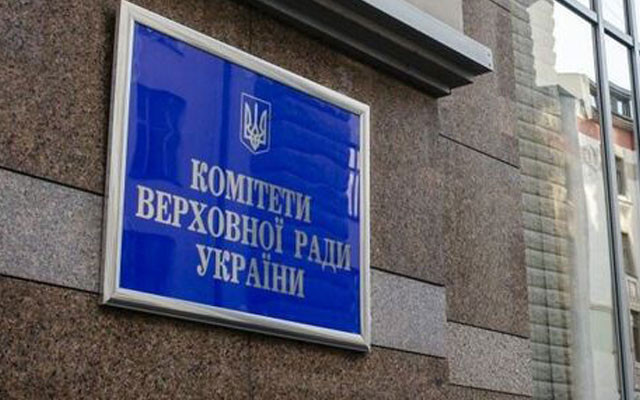
Legislation
The Verkhovna Rada Committee criticized the format of the government working group on advocacy
The implementation of the Roadmap on the rule of law (approved by Cabinet of Ministers Resolution No. 475-r of May 14, 2025) in relation to advocacy raises the practical question of who exactly should prepare legislative changes and how.
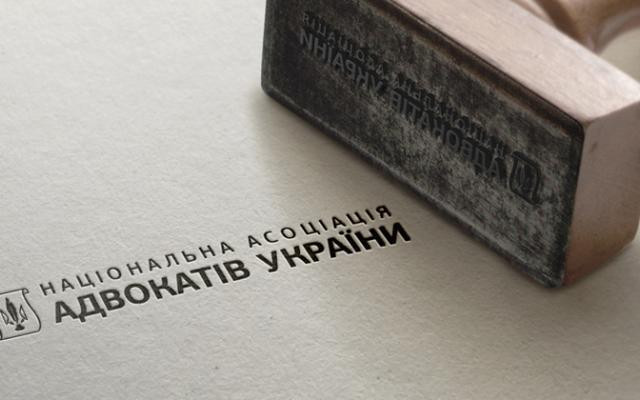
Self-government
The BCU demands a review of the composition of the government working group on reforming the advocacy profession
The President of the UNBA, BCU Lidiya Izovitova, appealed to the Cabinet of Ministers of Ukraine to review the composition of the working group on improving legislation in the field of advocacy and legal practice.

Discussion
Why lowering the age of marriage lacks legal logic
Although until 2012 there was a provision in family law that allowed children to marry from the age of 14 under certain circumstances, its return to Ukrainian law would contradict international obligations and the logic of criminal law.
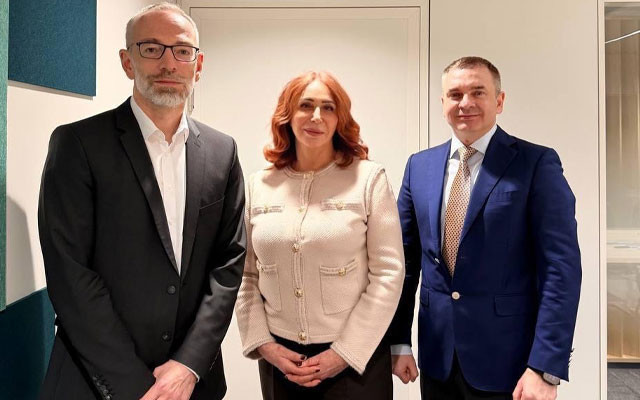
European integration
Open dialogue between the UNBA and the European Commission on the path to EU
The Ukrainian National Bar Association held a working meeting in Brussels with Mr Wolfgang Nozar, Head of Unit for Governance, Rule of Law and Financial Assistance, Directorate-General for Enlargement and Eastern Neighbourhood (DG ENEST), European Commission.

Self-government
A report on Ukrainian advocacy was presented in the European Parliament
Can a shadow report on advocacy replace the political framework of the Roadmap on the rule of law with demands for the restructuring of self-government? Where is the line between accountability and the seizure of institutions? And how can we respond to narratives with data rather than impressions?
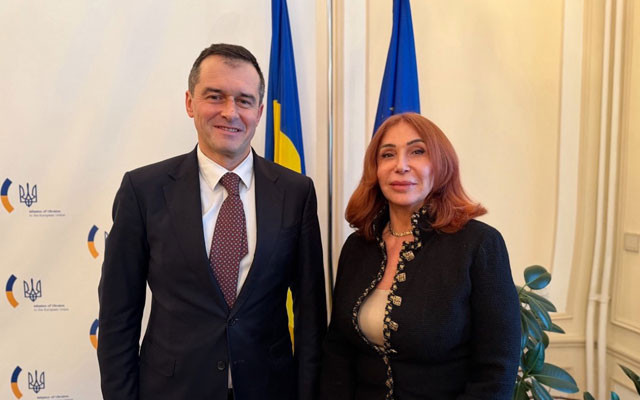
European integration
UNBA and Ukraine's representation to the EU have synchronized their priorities
On February 5, in Brussels, the President of the UNBA, BCU Lidiya Izovitova held a working meeting with the Ambassador Extraordinary and Plenipotentiary of Ukraine, Representative of Ukraine to the European Union Vsevolod Chentsov.
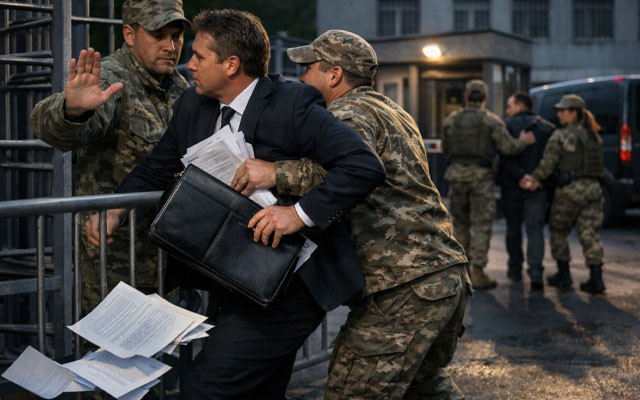
Guarantees of the practice of law
Proceedings opened following attack on advocate in Dnipro
The Committee for the protection of advocates' rights and guarantees of legal practice of the UNBA appealed to law enforcement agencies in connection with an advocate's report of an attack while performing his professional duties. The information was entered into the Unified Register of Pre-trial Investigations and a pre-trial investigation was initiated.
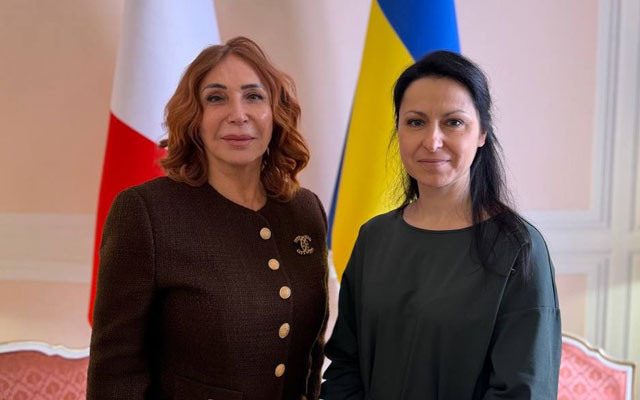
Abroad
The Ukrainian Embassy in Italy has provided information on the legal aspects of the Roadmap
On February 2, the President of the UNBA, BCU, Lidiya Izovitova, held a meeting with the Chargé d'Affaires of the Embassy of Ukraine in the Italian Republic Oksana Amjadin.
Publications

Volodymyr Matsko Extradition as a systemic form of rights violations

Victoria Yakusha, Law and Business The anti-corruption vertical cannot «take care» of the Bar as an institution, - acting head of the HQDCB

Censor.net Protecting advocates – protecting justice: addressing concerns about the new law

Ihor Kolesnykov A BRIEF SUMMARY REGARDING THE APPLICATION OF THE ORDER ON EXTENDED CONFISCATION IN LATVIA REGARDING FINANCIAL ASSETS OF…

Valentyn Gvozdiy WORKING IN A WAR ZONE

Lydia Izovitova Formula of perfection

Sergiy Vylkov Our judicial system is so built that courts do not trust advocates

Iryna Vasylyk Advocacy in the proclamation of Independence of Ukraine
